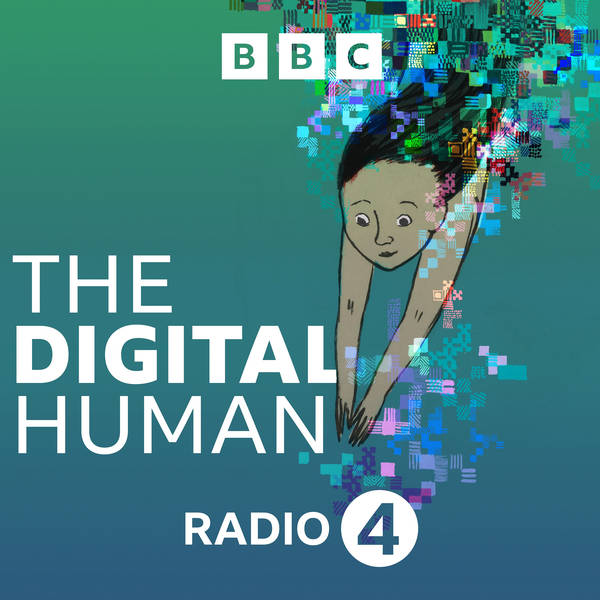
Faceless
Johnathan Hirshon works in PR and marketing and describes himself as ‘The Faceless man' because he’s managed to keep his face off the internet for over twenty years. This may seem extreme but Neda Soltani explains how one online photo of her face, meant she had to leave her family, country and profession. Artist and curator, Bogomir Doringer whose archived and curated thousands of faceless images off the internet talks about how technology is not only choreographing the way we use our faces but persuading us to hand over our biometric data with our use of apps that change the way we look. .
Artist Zach Blas is interested in queer culture and has created masks using biometric data from minority groups, to push back on the possibility of people being categorised by biometrics. Zach uses masks to show that facial recognition technology can be disrupted. Stephen has been trying to do just that. Stephen is from Hong Kong and spent the summer protesting against the Extradition bill. He and his fellow protesters wore masks to evade identification from the police and Hong Kong's smart lamp posts. The remit of the protest grew when the wearing of masks by protesters was banned. Stephen believes that by using facial recognition technology on the streets of Hong Kong the authorities in Hong Kong and China are creating a sense of ‘white terror’. Stephen is now protesting in the UK but still feels this ‘white terror’. While protesting people from mainland China have been taking photos of him and other protesters. He knows that photos can go global and by using facial recognition tech he could be easily identified. Is it becoming impossible to escape recognition even when we would like to hide?
Produced by Kate Bissell With special thanks to Bogomir Doringer
